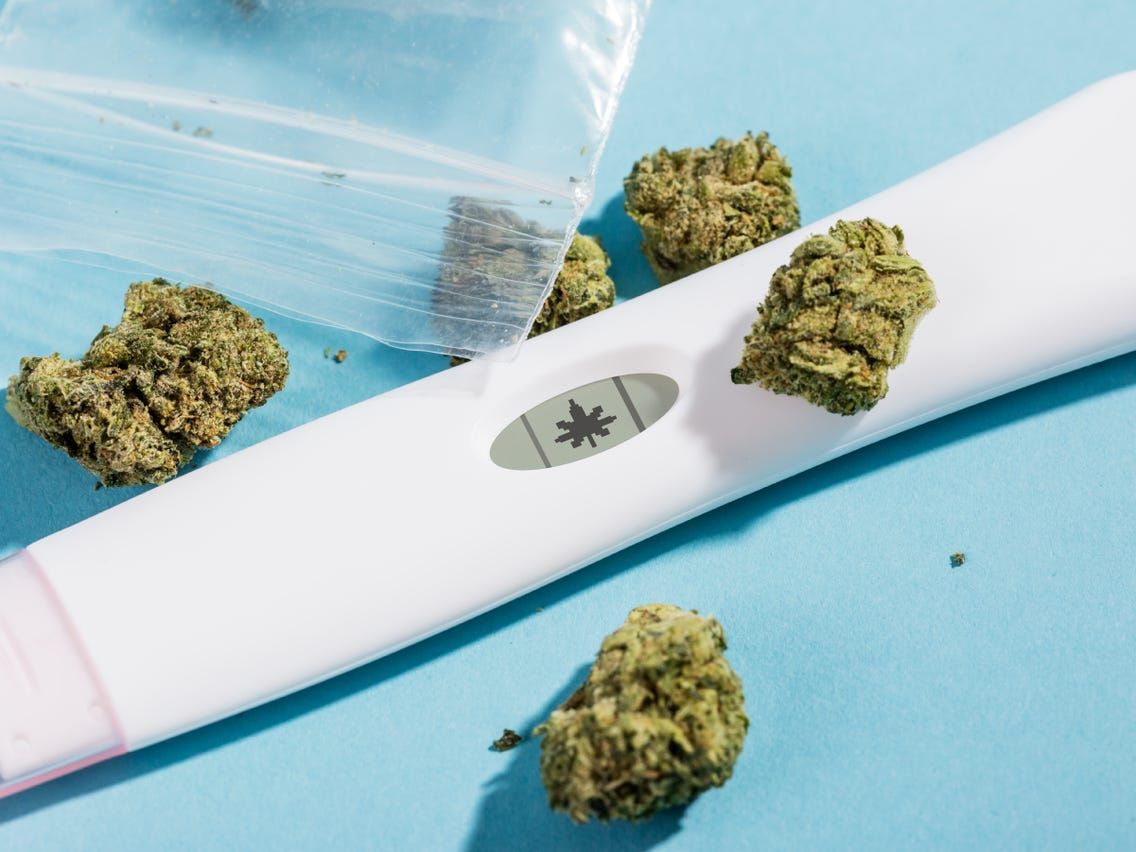Groundbreaking research led by Professor Beth Bailey, the director of population health research at Central Michigan University’s College of Medicine, has unveiled the harmful consequences of using cannabis while pregnant. The study emphasizes the crucial importance of pregnant individuals discontinuing cannabis use, especially during the early stages of pregnancy when they may not yet be aware of their condition.
One significant discovery from the research highlights that cannabis use during the first trimester leads to a significant decrease in birth weight, with infants weighing approximately 154 grams less than those not exposed to cannabis. Even small reductions in birth weight have been linked to long-term health complications as children grow older.
Professor Bailey explains that low birth weight is a strong predictor of a child’s future health and development, increasing the likelihood of developmental delays, ADHD, learning disabilities, and emotional problems. The study also reveals that if marijuana use continues throughout the entire pregnancy, birth weight is further reduced by an additional 31 grams, and the newborn’s head circumference is affected, indicating potential improper brain development in the womb.
Interestingly, even when pregnant individuals cease marijuana use by the third trimester, babies are still born with a slightly smaller head circumference of approximately 1 centimeter. While it is not certain that marijuana use definitively impacts fetal growth, the risk of such outcomes significantly increases for those who continue using marijuana during pregnancy.
Despite the potential benefits of reducing marijuana consumption during pregnancy, Professor Bailey stresses that there is insufficient research data to determine if any level of marijuana use is safe for the fetus. The study, which was published in Frontiers in Pediatrics, examined medical records of 109 pregnant individuals who gave birth at an obstetrics clinic in Central Michigan’s College of Medicine. These records were compared to a control group of 171 individuals who did not use marijuana, providing substantial evidence for the study’s findings.

Using urine tests to confirm marijuana use adds objectivity to the research, as pregnant individuals may be hesitant to disclose their cannabis consumption. The increasing prevalence of marijuana use during pregnancy is concerning, which Professor Bailey attributes to its legalization, leading many to mistakenly believe it is harmless. Additionally, older studies that did not focus on specific trimesters may have underestimated the negative effects of marijuana use, potentially contributing to misleading information spread through social media.
Professor Bailey concludes by underscoring that the combined impact of negative health behaviors worsens the effect on birth weight. When pregnant individuals combine smoking cigarettes and using marijuana, the effect on birth weight is greater than that caused by either substance alone. This research highlights the urgent need for awareness and intervention to reduce cannabis use during pregnancy.
©world-news.biz
